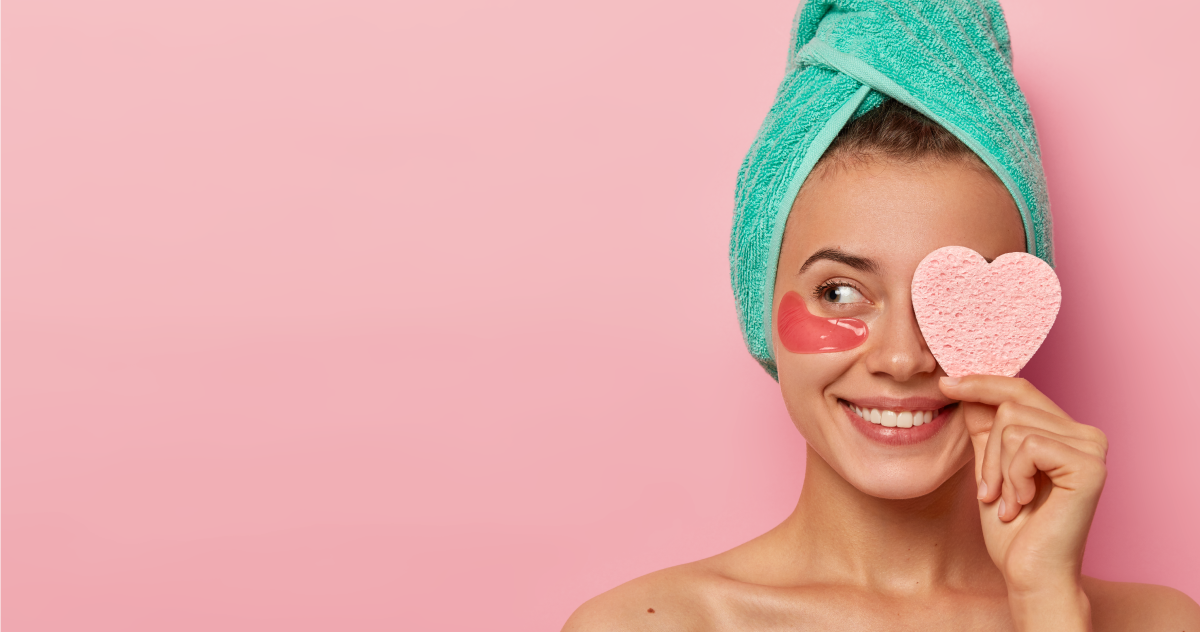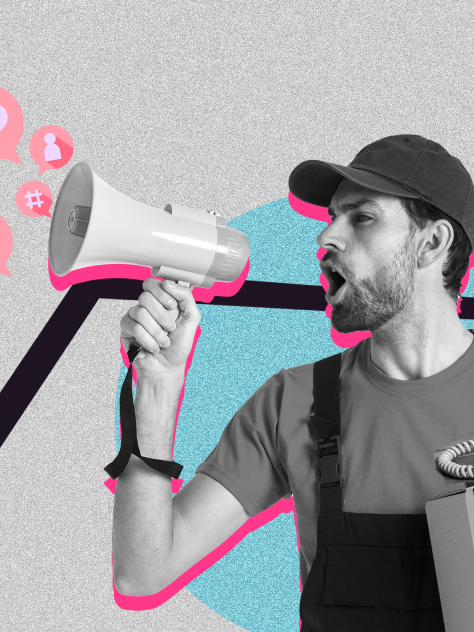Beauty and Self-Care Industry Localization

While beauty and self-care industry including body care, cosmetics and perfumery keeps on growing, it is now targeted at not only women, but also men. It is said that ever-growing global beauty and self-care industry is nowadays valued at 511 billion dollars.
Some remarks on beauty and self-care industry translations:
- Language plays an essential role in beauty and self-care industry because it is important to use a correct language to describe both the brand and its products with all their characteristics in order to make the consumers want to purchase them. Even when the products in their fancy packages are introduced to the public on TV, websites, in newspaper or magazines by talented stars, the result may not be as expected, if the language is not of good quality. When it comes to “translation,” the language begins to play an even more prominent role.
- The product-related messages, slogans, labels, contents of advertising and commercial campaigns, ads, websites, social media contents, brochures, packages, warnings, videos, keywords, blog contents must be translated in a certain terminologically consistent way because the product on the market is targeted at a different group since every brand in this industry has their own “voice” and they want to keep it in their marketing and sales endeavors, except as otherwise requested.
- Studies have shown that 75% of the consumers prefer using their own mother tongues when they buy the products either in the store or on the website. This preference underlines the inevitability of localized contents as regards the products of beauty and self-care industry.
- Messages from beauty and self-care industry have usually instructive characteristic, such as apply, rub, spray etc. If the message is not conveyed correctly, it may result in consumers using them wrongly, which may in turn not only damage the brand’s reputation but risk consumers’ health.
- Beauty and self-care industry appeals to the senses and is thus based on words. In other words, the most powerful marketing tool of a brand is words, and they should not lose their meanings, which can solely be prevented through an accurate and target-culture-oriented translation of high quality.
- Slogans in this industry are of high importance. Since most of them make use of wordplays, they should be rather handled in creative-translation context than translated verbatim.
- There is a lot of challenging competition in this sector, like in all others. In order to be distinguished from the rivals, it is therefore inevitable to work with a professional translation office that employs professional language experts who know this branch of industry well, focuses on cultural differences, attaches great importance to the details of a language, has considerable knowledge of cosmetics regulations and does not forget to reflect the original message for the local markets.
